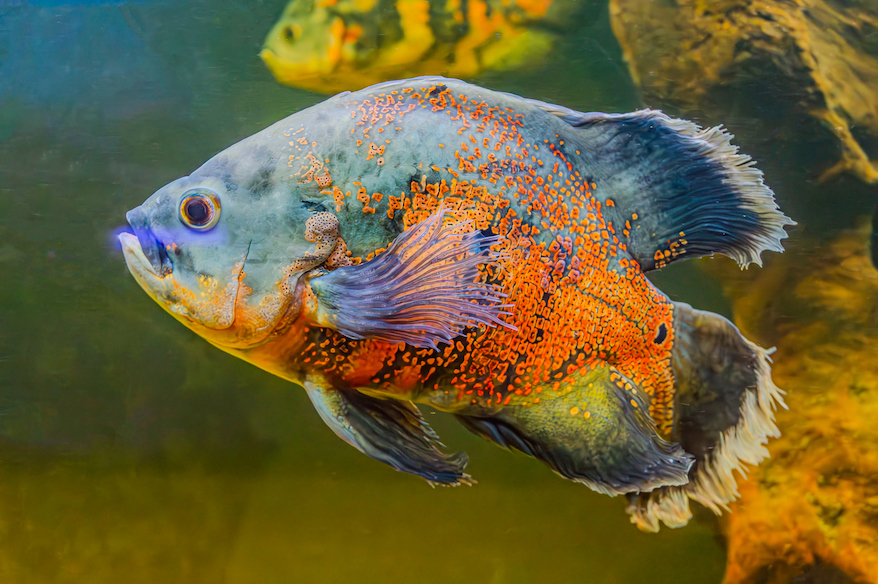
When hurricanes Helene and Milton stormed into Florida two weeks apart, the state’s tropical fish farms felt their impact. According to David Boozer, executive director of the Florida Tropical Fish Farms Association (FTFFA), 80% of its farm members reside in the greater Tampa Bay area, which Milton hit just south of.
“The overall majority of them experienced moderate to very severe damage to their production ponds, greenhouses and hatchery buildings,” Boozer says. “On farms where there was flooding, the loss of livestock was huge. In some cases, the entire farm of dozens to hundreds of individual production ponds became one large lake and overflowed into nearby creeks and rivers. Needless to say, these fish are no longer available for the trade.”
Milton’s high winds and power outages also wreaked serious havoc on many of the farms. High winds hit hatchling buildings, blowing off roofs and side panels, while destroying greenhouse film and shade cloths on the outside ponds. These coverings keep too much heat or cold from affecting the health of the fish.
Loss of power stopped blowers from keeping ponds aerated and ponds, with a high density of fish need to be oxygenated. Even though most tropical fish farmers have standby generators, outages that last more than a few days — like what’s happened there — run into fuel issues as gasoline stations also need power to run pumps. The stress from both hurricanes on fish and farmers’ health add to the collateral damage.
Florida’s tropical fish farmers contribute around 50% of the tropical fish sold in North America. Boozer says when looking at the United States alone, that figure shoots up to 95%-plus. These include popular species like African and South American cichlids, guppies, tetras, neons and mollies. The full damage from both hurricanes on retail stores’ tropical fish inventory will unfold in the months ahead.
For the tropical fish retailers in the southeastern U.S. and Florida that were flooded or lost power due to Helene and Milton, Boozer says, “Their aquarium livestock had to suffer with no operating filtration system and lack of routine maintenance, feeding and care. In the neartime, the public may see a limited availability of many aquarium species.” ???
Advertisement
For tropical fish retailers concerned about how the storms will affect future inventory, Boozer says to be patient. “Florida fish farmers are a hard-working resilient community. We have faced disasters before and have come back to be stronger. This storm has been a hard blow, but we are not knocked out! We will learn, adapt and come back stronger than ever.”
- Hurricane Milton made landfall on Oct, 05, 2024 as a Category 3 Hurricane. It hit Siesta Key, FL, and moved through the central and western part of the state. The hurricane spawned flooding and tornadoes, causing mass power outages.
- 2024 Hurricane Helene made landfall on Sept, 24, 2024 as a Category 4 Hurricane. It struck the Big Bend region of Florida and devastated parts of the Southeastern United States, including Georgia, South Carolina, North Carolina and Tennessee, with flooding and power outages.




